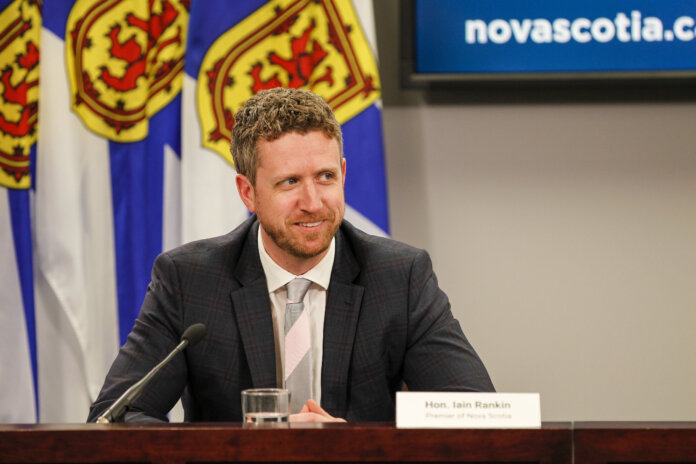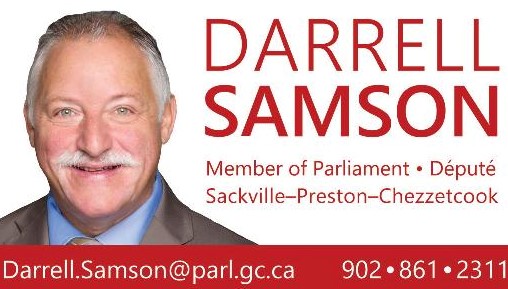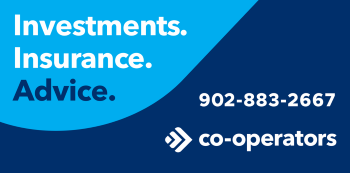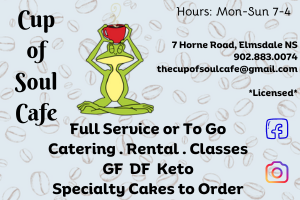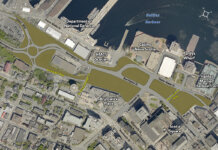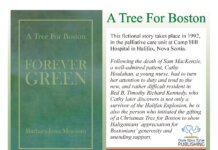HALIFAX: Premier Iain Rankin and Dr. Robert Strang, the province’s chief medical officer of health, have announced they’re placing additional restrictions on travel to the province.
Effective April 22 at 8 a.m., people from outside Nova Scotia, Prince Edward Island and Newfoundland and Labrador will not be allowed to enter Nova Scotia unless their travel is essential or they are permanent residents of Nova Scotia.
“This is not the time for people to come to Nova Scotia for anything other than essential travel,” said Premier Rankin. “Given that the pandemic is now being driven by variants that transmit more easily, this strong action is necessary to protect Nova Scotians.”
The following types of travel from outside Nova Scotia, Prince Edward Island or Newfoundland and Labrador are considered essential:
— people who live in Nova Scotia but their primary employment is in another province
— federally approved temporary foreign workers
— people who need to participate in-person in a legal proceeding in another province
— post-secondary students coming to study in Nova Scotia
— post-secondary students returning to their primary or family residence in Nova Scotia and parents who accompany them
— parents picking up a student in Nova Scotia to take them home as quickly as possible
— people who can demonstrate that they already have a new permanent address in Nova Scotia as of April 21 and are moving here permanently
— people traveling for child custody reasons following the child custody protocol
— people who are exempt from self-isolation following the exempt traveler protocol
— people traveling between Nova Scotia and New Brunswick for work, school or children in child care, following conditions in the protocol for travel between these provinces.
“We won’t turn away permanent residents of Nova Scotia if they travel, but we are giving strong direction to not travel unless it is absolutely necessary,” said Dr. Strang. “This is a critical time for us to cut off travel-related cases at the source. I am asking all Nova Scotians to put their plans aside and follow this direction.”
Details are being finalized on further requirements for people who must isolate after essential travel and will be shared soon.
Rotational workers must now fully isolate when they first arrive in Nova Scotia. Once they receive their first negative test result, they can switch to modified self-isolation. Specialized workers will only be allowed for critical infrastructure work.
Travel from outside of Atlantic Canada will not be allowed for funerals for a four-week period and will only be approved under exceptional circumstances for end-of-life visits.
Anyone isolating in Nova Scotia after travel within Canada should get tested at the beginning and end of their isolation.
Anyone who is not required to isolate should get tested three times in their first 14 days home in Nova Scotia.
Additional Resources:
Nova Scotia Safe Check-in form: https://travel-declaration.novascotia.ca/en
COVID-19 self-assessment: https://covid-self-assessment.novascotia.ca/en
Nova Scotia coronavirus website: https://novascotia.ca/coronavirus/
Government of Canada: https://canada.ca/coronavirus
Government of Canada information line 1-833-784-4397 (toll-free)
The Mental Health Provincial Crisis Line is available 24/7 to anyone experiencing a mental health or addictions crisis, or someone concerned about them, by calling 1-888-429-8167 (toll-free)
Kids Help Phone is available 24/7 by calling 1-800-668-6868 (toll-free)
For help or information about domestic violence 24/7, call 1-855-225-0220 (toll-free)

